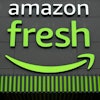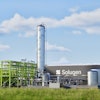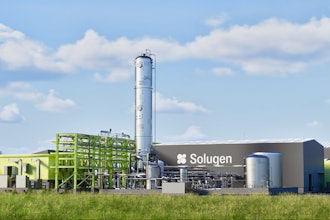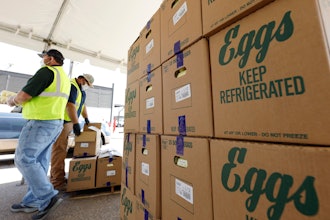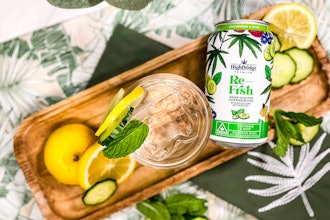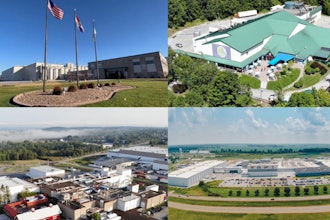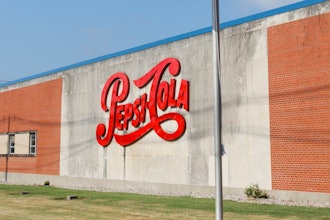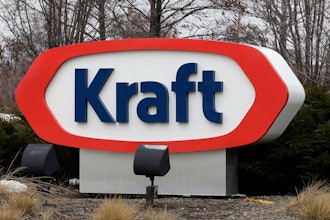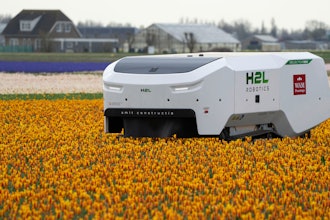ALEXANDRIA, Va. (TRSA) — An initial health risk assessment of laundered reusable shop towels by the international environmental engineering firm ARCADIS indicates that using laundered reusable shop towels creates no health hazard. ARCADIS’s risk assessment indicates that metals that remain on shop towels after laundering are not readily transferred to the hands of workers who use shop towels. As such, they create no health hazard, countering flawed speculation to the contrary. TRSA plans to expand the research beyond the initial sample of shop towels from 10 locations to further verify conclusive evidence that these clean reusable products do not harm workers.
ARCADIS measured metal traces in laundered towels and increased the scope of testing to include leachability tests using “synthetic sweat” to estimate residual elements that could be freed when they are used. From this leachate, the firm determined the amounts of each metal a worker might be exposed to based on factors including skin contact and hours worked. The potential non-cancer and cancer hazards associated with such exposures were assessed.
This independent research found either zero detectable risk from the transfer of these metals or a level that would be considered insignificant even by comparison to health-conservative values established by EPA.
“Reusable cloth shop towels have been used by millions of workers for more than 100 years with no indications that clean shop towels have any impact on worker health,” stated Joseph Ricci, TRSA president and CEO. “By measuring leachate, and not simply relying on a modeling format, ARCADIS realistically portrayed the minuscule amount of metals that shop towel users are exposed to, reaffirming our confidence there is absolutely no risk to users. We look forward to gathering more independent data using this comprehensive protocol to increase confidence that clean reusable textiles pose no health risks.”
Reusable cloth shop towels remain the wiper of choice for industrial applications due to their absorbency and cost benefits. They satisfy EPA’s “reduce, reuse, recycle” hierarchy for effectively managing materials and waste. They are not regulated as solid or hazardous waste as long as launderers use TRSA’s voluntary management practices for handling and transporting them. A new federal rule, expected this summer, will codify these techniques.
Compared with disposables, many of which are classified as hazardous waste, reusable cloth shop towels are recognized as the cleaner, greener alternative by users and regulators. While water use is comparable, EPA lifecycle research (measuring a product’s natural resources depletion from harvesting its raw material to manufacturing to industrial use to disposal) shows that compared with reusable cloth shop towels, paper wipers consume 13 times more energy; nonwovens, 7 to 12 times more.
TRSA data indicate that for the most difficult cleaning tasks (requiring two or three wipers that must be laundered or disposed after each wiping), paper goods produce 3.8 times more solid waste. EPA has concluded that due to the larger number of discarded paper and nonwoven wipers and contaminants they carry, they account for more landfill volume than reusables and their filtrate from laundering.
Ricci indicated that the ARCADIS research turns the table on disposables marketers with regard to their product’s impact on human health, as “it has long been recognized that many disposable towel users are out of compliance with solid waste rules. Such wipers containing hazardous wastes may be illegally placed in regular dumpsters with other trash, presenting a health and safety risk to solid waste handlers.” In contrast, a contaminant on a reusable shop towel poses no public threat because filtrate disposal and wastewater discharges are strictly regulated.
The ARCADIS research protocol mirrored a 2011 Gradient Corp. analysis funded and used by disposable wiper marketers to fuel speculation about risks associated with clean reusable shop towels. Like the Gradient research, the ARCADIS study tested shop towels from randomly selected facilities. ARCADIS went significantly further to assess any health risk from reusable towels by conducting leachability tests to more accurately measure any potential transfer of metals that could pose a health risk.
About TRSA and the Textile Services Industry
Based in Alexandria, Va., fighting for fair, balanced regulation and pro-business tax, labor and energy policies, TRSA is the only organization representing the $16-billion U.S. textile services industry that employs nearly 200,000 people at more than 1,500 facilities nationwide. Our members provide laundered textiles and other products and services that help businesses project a clean and attractive public image with most Americans benefiting at least once a week from the cleanliness and safety of our laundered, reusable linens, uniforms, towels, mats and other products for the healthcare, hospitality and industrial/manufacturing sectors. TRSA quantifies our industry’s commitment to cleanliness and sustainability through its Clean Green and Hygienically Clean Certification programs.
Assessment Clears Shop Towels of Toxicity Claims
An initial health risk assessment of laundered reusable shop towels by the international environmental engineering firm ARCADIS indicates that using laundered reusable shop towels creates no health hazard.
Jul 16, 2012
Latest in Facility


